Leela Mishra
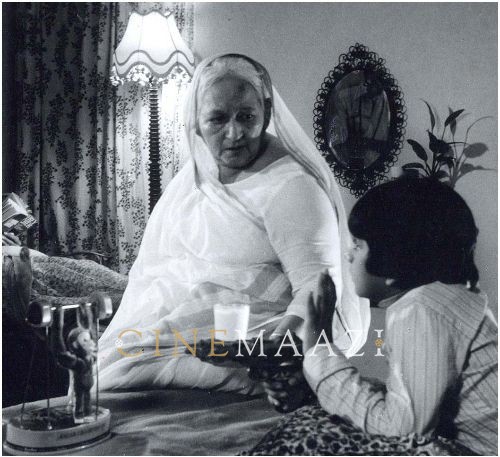
Subscribe to read full article
This section is for paid subscribers only. Our subscription is only $37/- for one full year.
You get unlimited access to all paid section and features on the website with this subscription.
Not ready for a full subscription?
You can access this article for $2 , and have it saved to your account for one year.
- Born: 12 March, 1918 (Mirzapur)
- Died: 17 January, 1988 (Bombay)
- Primary Cinema: Hindi
- Spouse: Ram Prasad Mishra
When we watch a film, we invariably end up carrying back with us images of the stars and their immortal scenes. But what holds these memories together, supplying them with their invisible seams, is the immense labour of the character actors who allow the stars to shine while providing the fodder for their myriad emotions. One such character actor is the famous mausiji of Hindi cinema, Leela Mishra.
Leela Mishra was born in 1908 in Jais, Raibareilly, to an orthodox zamindar family. She got married to Ram Prasad Mishra at the young age of twelve. Her husband, who also hailed from a conservative zamindar family, broke away from conventions and became a theatre actor. She accompanied him to Bombay when he wanted to pursue a film career. Mama Shinde, who worked for Dadashaheb Phalke’s Nasik Movietone, discovered her and enquired whether she wanted to be an actress. She and her husband were given the roles of Mandodari and Ravan in Sati Sulochana (1934), but their inexperience in front of the camera led to their contracts being cancelled. However, fortune did not let that be the end of her journey – a distributor working for Kolhapur Cinetone (founded by the Maharaja of Kolhapur) soon spotted her. The couple was whisked away to Kolhapur where the two worked in the film Bhikharan (1935). Her first significant film was Gangavataran (1937), for which the company had hired Dadashaheb Phalke – it was to be last film and only talkie.
Leela Mishra’s traditional way of life did not allow her to do certain actions in front of the camera, like touching someone other than her husband. As a result, her career as a lead actress could never progress beyond a point. In the film Honhaar (1936) she played a mother, a role she was comfortable with. Then she proceeded to Calcutta, and worked in films like Fazli Brothers’ Qaidi (1940), Kidar Sharma’s Chitralekha (1941) and R.C. Talwar’s Khamoshi (1942). After this phase, she returned to Bombay, where her film Kisi Se Na Kehna(1942) was a success and established her as one of the premier character artistes around.
Over the next few decades she worked in some of the most iconic films of her times – she appeared mostly in the roles of the mother or aunt in these films. Notable among them are Anmol Ghadi (1946), Eight Days (1946), Shehnai (1947), Bahar (1951), Awara (1951), Pyaasa (1957), the first Bhojpuri feature film Ganga Maiya Tohe Piyari Chadhaibo (1962), King Kong (1962), Door Gagan Ki Chaon Mein (1964), Bahu Begum (1967), Parichay (1972), Jai Santoshi Maa (1975), Umrao Jaan(1981) and Katha (1982).
What is immediately noticeable in her extensive film career is the sheer variety of filmmakers who came to rely on her to portray crucial supporting characters in their films. Her reputation as an actor was not limited to the sphere of popular cinema alone. Satyajit Ray tapped in her talents to play the character of Hirya in Shatranj Ke Khilari (1977) and would have continued to work with her if not for her reluctance in going to Calcutta. She also acted in Lajwanti (1958), which was nominated for the Palme D’Or at Cannes Film Festival. She stepped out of her comfort zone to play a Christian woman in Basu Chatterjee’s Baton Baton Mein (1979). For today’s audiences though, she is probably best remembered as the vivacious mausiji from Sholay (1975) who puts a roadblock in the romance between Jai and Veeru. The marriage proposal scene enacted by her and Amitabh Bachchan went on to garner legendary fame.
Leela Mishra passed away on 17 January, 1988 in Bombay. She traversed her film career with a grounded perspective accompanied by a great deal of humour and vivacity. She will be remembered for her versatility as an actor that made her a part of some of the most significant moments in Indian film history.
-
Filmography (298)
SortRole
-
Aatank 1996
-
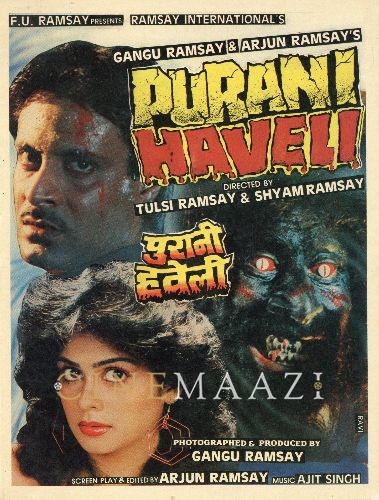
Purani Haveli 1989
-
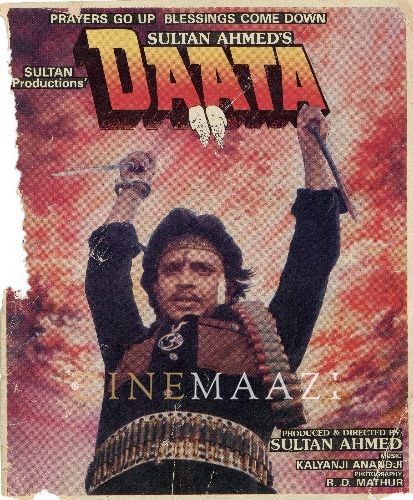
Daata 1989
-
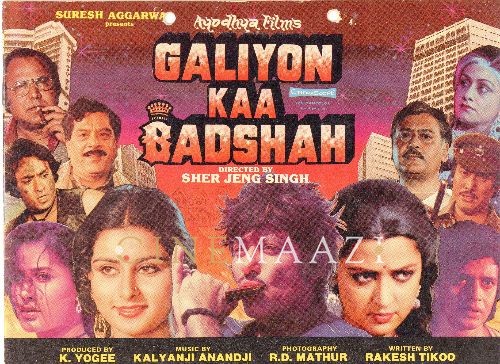
Galiyon Kaa Badshah 1989
-

Veerana 1988
-

Maqaar 1986
-
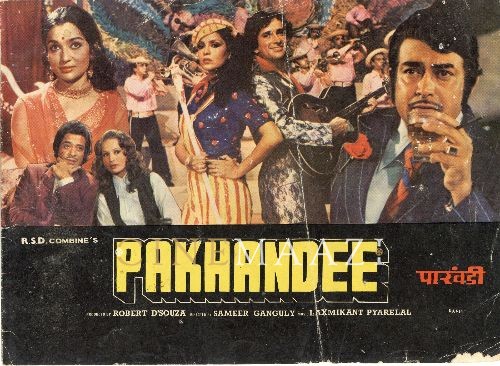
Pakhandee 1984
-

Katha 1983
-
Sadma 1983
-
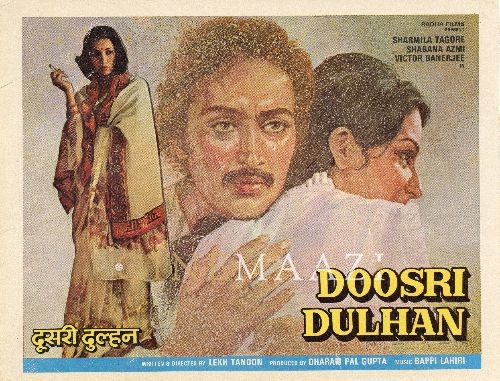
Doosri Dulhan 1983
-






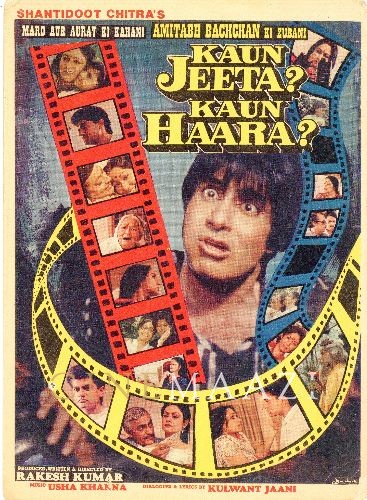
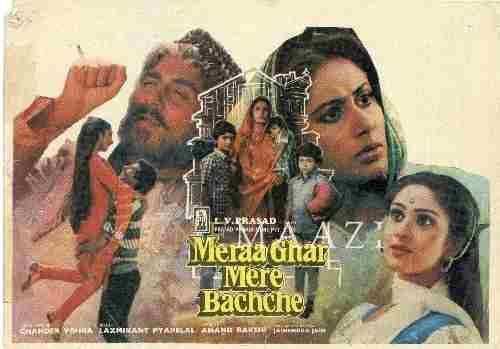


.jpg)



